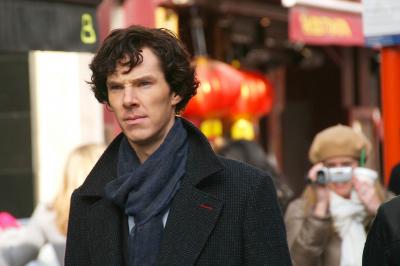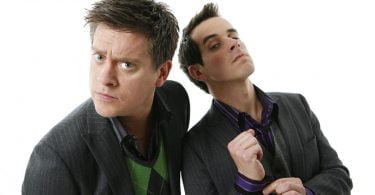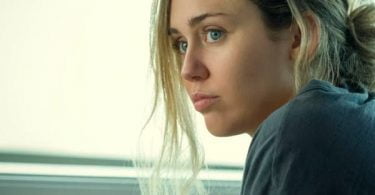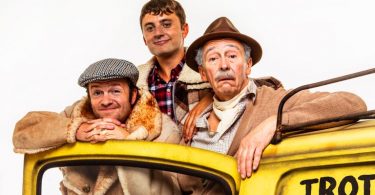Spoiler alert: this review contains spoilers for Sherlock: The Abominable Bride, which aired on New Year’s Day.
Television reviewers around the world may have been slightly disappointed when the recent episode of Sherlock actually turned out to be quite good. Part of them would have been hoping to be able to write a variation on the theme: “Sherlock: The Abominable Bride was predictably abominable”, with a relish reminiscent of those critics who panned Bradley Cooper’s recent culinary effort Burnt by gleefully declaring that the acting was ‘overdone’.
A Victorian ghost story
The excruciating rarity of a new episode of Sherlock means that writers, Mark Gatiss and Steven Moffat would have felt a charitable need to pack a lot into this one-off Victorian special. And so they did. As the show has progressed, the dialogue has become increasingly taut and sharp, now consisting almost entirely of witty one-liners, inside jokes and swift displays of Sherlockian brainpower. The dialogue in this episode is a master class in pacy concision. It is surprising, therefore, that when it came to choosing a crime with which to frame the 90-minute episode, the writers settled on a ghost story, a genre that relies on slow-burning tension and brooding suspense. The choice of genre, however, is in keeping with the new setting of Victorian London.
These shifts in time and atmosphere are not as vertiginous as I had feared. The ghost story, replete with a murderous corpse and a handful of orange pips, does not attempt to scare and, oddly enough, the Victorian setting doesn’t actually feel very Victorian. Considerable effort has clearly gone into the sets (and they have not shirked on the mandatory fog quota) but the dialogue and character tics are so similar to their modern counterparts that to me it all just felt as though the 21st century characters were in Victorian fancy dress. That in itself is a kind of compliment; Cumberbatch’s reinvention of Holmes works precisely because he breathes 21st century life into a character that had previously been firmly rooted in his own fusty time.
[video:https://youtu.be/rKo59t3h0cY]Source: YouTube
Features of interest
As ever, the episode had many features of interest (as Holmes may or may not have a habit of saying). Mary and Mrs Hudson have the best lines, and Mark Gatiss wasn’t exactly lying when he let slip that we’d be “seeing a lot more of Mycroft”. Watson’s Victorian personality tweak, which exacerbates his latent traditionalist side, is perfect; he is almost endearingly terrified of the Serbian/socialist/suffragist conspiracy, and sees their members lurking in every alleyway. Moriarty returns, and I imagine that the writers will continue to think up any excuse for keeping Andrew Scott on screen (except, you know, him actually still being alive), and rightly so in my opinion.
Although Gatiss and Moffat are masterly at individual scenes and components, these parts always end up being greater than the whole. If I were in a very generous mood, I could just about grant that the tired “it was all a dream” trope might, just might be permissible owing to Holmes’ long-established mind palace, and to his drug addiction. And I can also see that the writers wanted to root this ostensibly stand-alone episode into the wider arc of the story. Nothing, however, can forgive or explain the almost comic bungling of the feminist sub-plot; much has been written about this, so I will not linger here. Ultimately, this episode may have been a classic case of the writers trying to do too much. It may not all cohere, but it’s still better than nearly anything else on TV at the moment.
Did you see the Sherlock special? What did you think? Let us know in the comments below!









